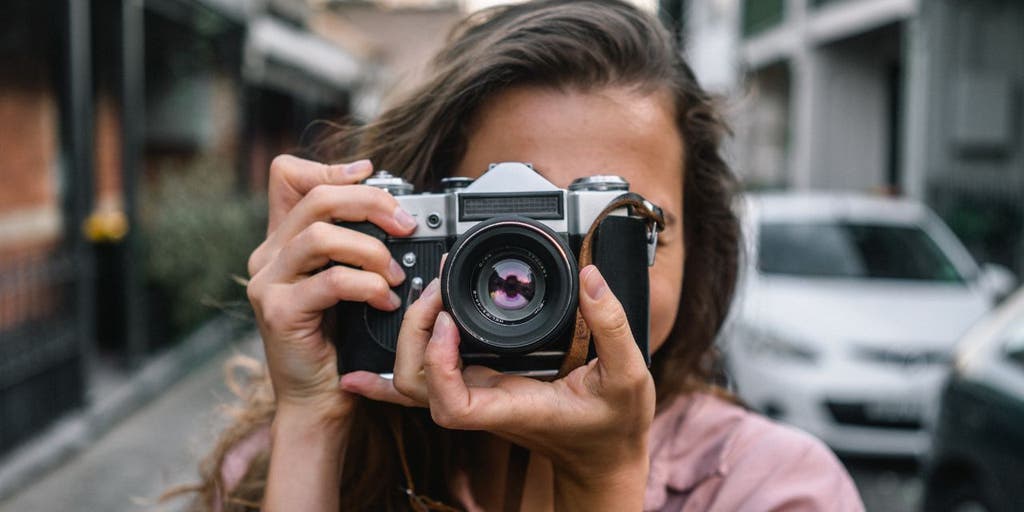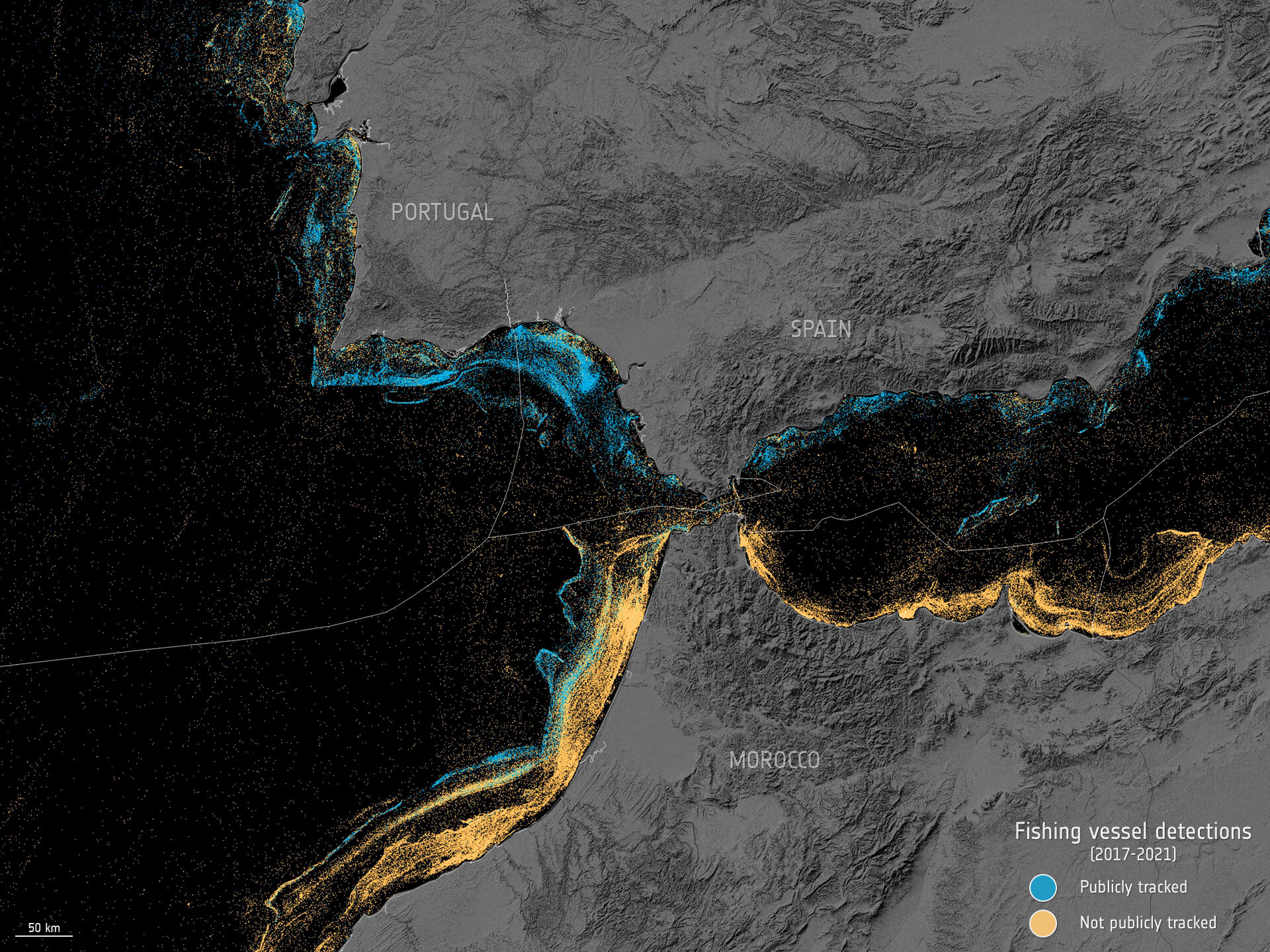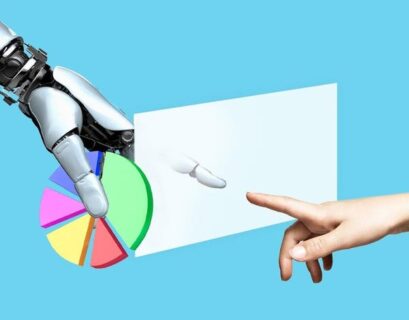“The rapid advancement of artificial intelligence technology has raised concerns about the potential displacement of human jobs, with professional photography emerging as a field vulnerable to significant impact from these advancements. A recent report by Medium underscores how AI and image processing developments are transforming photography from a skill-based art to a technology-driven practice. This evolution is reshaping the perception of professional photography, challenging its traditional identity as a specialized skill.
As we progress further into the AI-dominated era, it is evident that the conventional roles and importance of professional photography skills are gradually becoming outdated. The report highlights growing concerns about AI’s potential to replace human jobs, extending beyond routine tasks to encroach upon professional domains such as accounting. Even smartphones now incorporate AI technology capable of capturing high-quality images that were previously the domain of professionals.
The CEO of OpenAI, Sam Altman, is reportedly exploring investments in chip fabrication plants as AI technology advances. This progress may render certain roles traditionally performed by professional photographers redundant.
The report emphasizes that AI’s ability to handle complex tasks is shifting the focus away from technical proficiency, raising questions about the future relevance of traditional photography skills. While AI-generated art may be visually appealing, there are concerns about equating machine creativity with human artistry. Experts caution that algorithms can mimic artistic styles but lack the nuanced sensibilities and emotional depth that human artists bring to their work.
AI’s increasing role in photography, handling tasks like composition and post-processing, reduces the necessity for professional training and lowers entry barriers. However, skepticism remains about AI’s capacity to entirely replace human creativity in photography. Some experts argue that creative professions like photography require ingenuity and perspectives that AI has yet to replicate fully.
Despite advancements in AI-enhanced photography on smartphones, professionals like Phil Siegel believe that consumer preferences will dictate the choice between personal photos and professional services. While AI tools in cameras empower individuals to capture better photos independently, the future of professional photography may not disappear entirely but evolve based on factors like service quality, time, distribution, and cost.
Aiden Buzzetti envisions a future where photography as a profession will continue to hold value, emphasizing authentic, real-world images over AI-generated content. This shift may lead to a resurgence in AI-supported artistic endeavors while maintaining a place for professional photographers in the evolving landscape of photography.”










